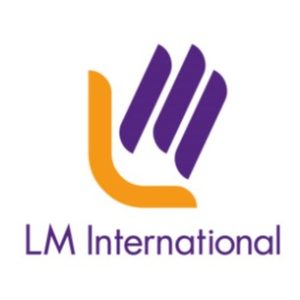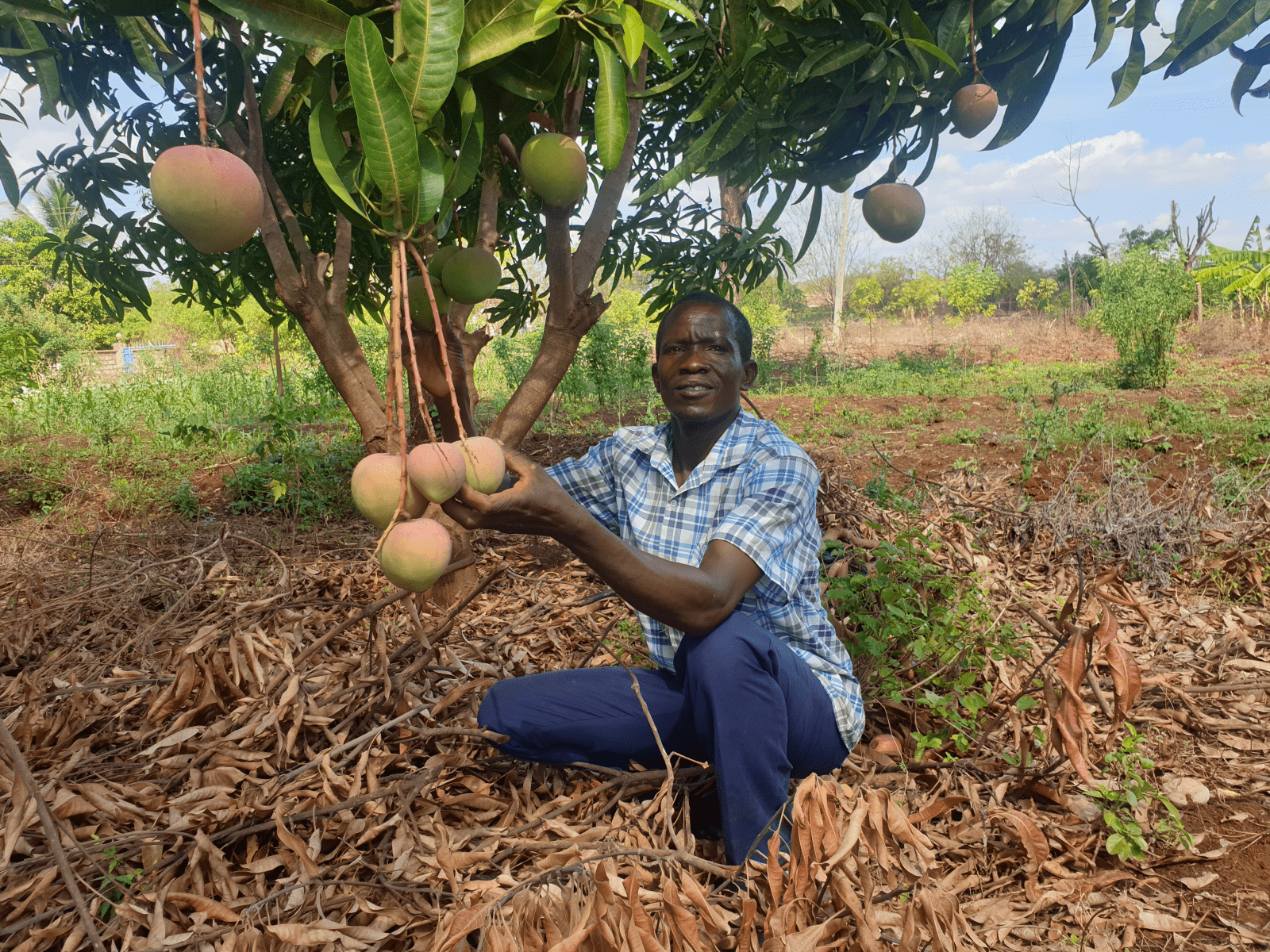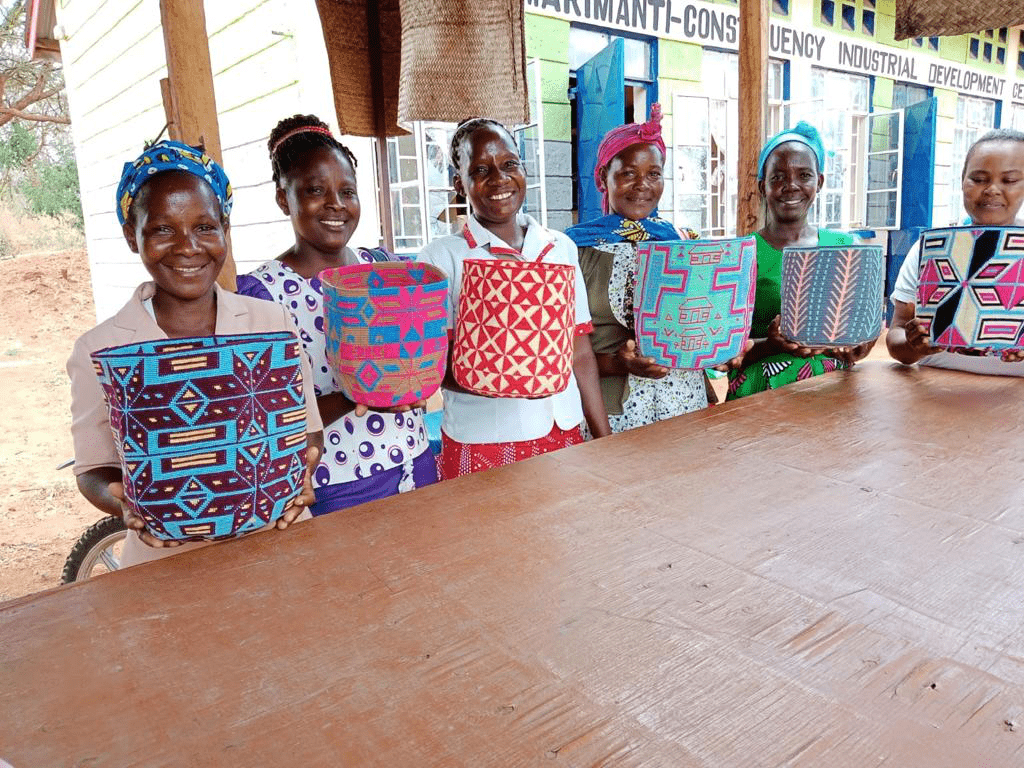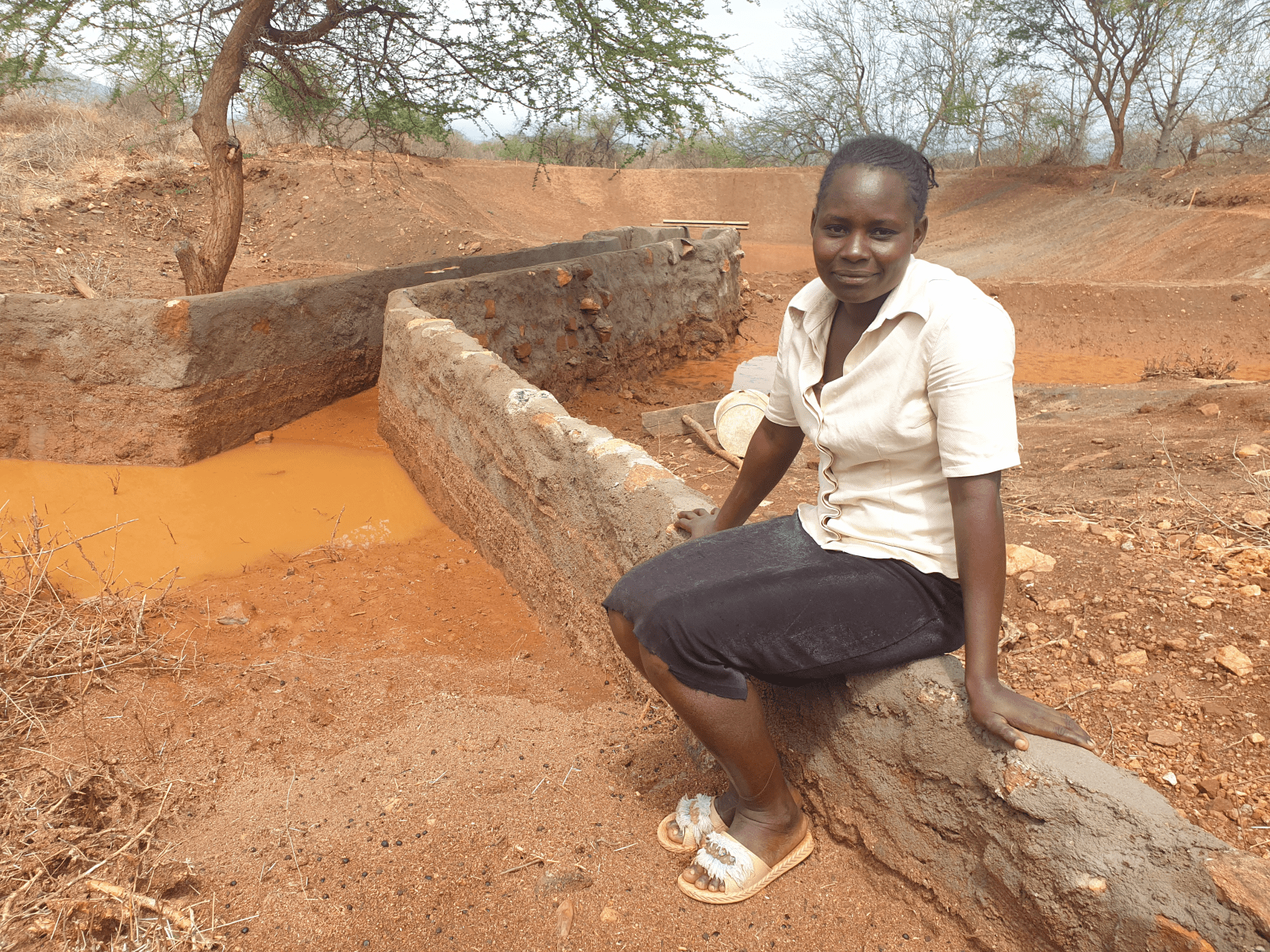A bit about LM International
This week, we shine a spotlight on LM International, a global force for positive change since 1958. Working in over 80 countries, they address urgent needs in vulnerable communities. LM International’s vision is a future where healthy, empowered individuals can thrive while safeguarding our planet for future generations. They uphold the principle of equality for all, guided by the Golden Rule. Through strategic partnerships with governments, NGOs, the private sector, academia, and individuals, they drive sustainable change, leveraging local expertise for innovation and development. LM International’s unwavering dedication to a better world makes them our climate champion of the week.

Tharaka, Kenya
Water
Water is crucial, and in the arid region of Tharaka, Kenya, it takes on a stark clarity. The relentless sun beats down from the heavens, casting its fiery gaze upon the land.
The scarcity of food here is a stark reality. Many inhabitants rely solely on the land for their livelihoods, and the shifting climate has disrupted their way of life. The once predictable rainy seasons have become increasingly unreliable. Among those affected is Julia, who has spent her entire life in this unforgiving environment. Her standard of living has plummeted as she struggles to cultivate her own plot without access to water. Instead, Julia endeavors to undertake various jobs to support both her grandchildren and herself, often going to bed with empty stomachs.
“What we can hope for is the rain.”, she says. LM International works to assist these families, such as Julia and her grandchildren, in coping with the harsh realities of drought. Part of this endeavor involves harnessing the potential of rainfall, which, when it does come, can be abundant. The construction of large ponds is one initiative, and Monica Mwende is one of those eager to learn how to dig a substantial reservoir.
Monica shares her optimism, saying, “We have joined forces with two other families to share a pond. It’s not complete yet, but we are planning to purchase a pump.” She envisions a future where she can cultivate crops under controlled conditions and ensure that water is readily available for her animals, ultimately providing newfound security and saving countless hours each week.
Furthermore, the rivers that remain perennial sources of water are now essential for irrigation systems, transforming the landscape. Amidst the dryness, there are pockets of prosperity, exemplified by the home of William Karaigma whom we met during one of our trips. William proudly showcases his flourishing crops: melons, tomatoes, corn, various cabbages, and fruit trees, all thriving in the midst of the scorching heat.
He expresses clearly what this project has meant for his family’s life. “In my childhood, I attended school in tattered clothing, but now, my children will have the chance to attend university.”
Food Security
The Tharaka region in Kenya is highly vulnerable due to drought and food insecurity. For several years, there has been no rain in this region, while food prices continue to soar. The ones suffering most are the already most vulnerable, with many children coming to school on empty stomachs, without breakfast, and risking a dinnerless night at home.
This is where the profound significance of the school meals comes into play. LM International stands by 37 schools in Tharaka, ensuring access to sustenance. This mission has taken on even greater importance, especially with the recent concentration of aid towards Ukraine due to the conflict there. As climate change exacerbates needs in various African nations, the availability of aid is regrettably diminishing.
During one of their visits to one of the schools they met the siblings Titus and Aohipy Mugambi. They live under the care of their grandmother and are too familiar with the pains of hunger. “This food will see us through until tomorrow. Then we’ll receive another meal here at school. Otherwise, we’re hungry almost all the time. We look forward to the weekdays because that’s when we get to eat,” Titus shares.
Aohipy shares the sentiment. “I cherish school; it represents our future. But I expect that we will go hungry until adulthood. Perhaps, then, things might change,” she says.
The school lunch program may seem like a small gesture, with each portion costing just 2 SEK, but the impact is monumental. Academic performance is on the rise, and the dropout rates have markedly decreased. Now, nearly every child attend school.
“Education bestows children with the opportunity for a better life, and this benefits society at large,” underscores Patrick Gefouga, the principal of one of the schools benefiting from this food project.

Tharaka Green Gold
Do you want to know how a group of five basket weavers in Kenya became a successful community-based organization that is making a difference in their environment, culture, and livelihood? Meet Tharaka Green Gold, a group that is using locally available resources and opportunities to improve their food security, income, and resilience.
Tharaka Green Gold has been working on various projects to reclaim, conserve, and protect the natural environment, add value to their products, preserve and protect their cultural heritage, and nurture and empower youths. They have also been collaborating with other development agents and participating in various events to share their knowledge and experiences.
Among all their ongoing projects, we want to highlight three:
- One of their projects is the beekeeping project, which was inspired by their tree planting campaign to restore the river Kathita. The project has enabled them to produce honey and other bee products, as well as conserve the biodiversity of the area.
- They also have a nature-based project, which involves using natural products such as tamarind, baobab, moringa, and lemongrass to counter malnutrition and enhance health and nutrition.
- Lastly, they have established a community cottage industry where they produce various products such as crochet bags, herbal soap and lotion, local herbs and spices, and welded items.
Initially LM International supported the formation of Green Gold Tharaka. The relationship was later transformed from one part channeling aid to the other, to becoming equal business partners, where LM International bought goods produced by Tharaka Green Gold. This is an example of the effects of long-term aid being transformed into local actors being self-sustained, no longer dependent on development aid.
This is also an inspiring example of how a community can transform their challenges into opportunities and create positive change for themselves and others.

The role of innovation and technology in building resilient communities
“We don’t do this for pleasure; we do it out of necessity. We are now in the era of climate change,” emphasizes John Muthengi Zakayo, the Assistant Chief of Kamwathu.
Climate change has thrust us into a new era with its unique set of challenges, and we must adapt. That is why we are turning to technology and embracing new approaches.
In collaboration with our partner IAS Kenya, LM International is proud to be part of innovative solutions that empower local communities to face the challenges brought by our evolving climate. Together with these communities, we’ve pioneered new methods of water harvesting, marking a significant shift towards a more sustainable future. Diversification of livelihoods has minimized the risks brought about by the effects of climate change while exploring value addition.
This long-term transformation is becoming increasingly evident within the communities we work with. The primary objective of our partner, IAS Kenya, is to cultivate resilience within these local populations, equipping them to tackle the diverse challenges arising from a changing climate. We’ve seen the power of actively integrating inventive ideas into our water programs – it’s proven to be a remarkably effective approach.
By embracing technology and forging partnerships that nurture these transformative solutions, we’re not just adapting to the era of climate change; we’re inventing new ways to tackle it.
Mpwapwa, Tanzania
Building Resilience in Tanzania: A Community-Led Approach to Climate Adaptation
The 7-Pillar Model, which has been implemented in the Tharaka, has achieved many positive outcomes, allowing LM International and its partners to export it to other regions, starting with Mpwapwa in Tanzania.
Mpwapwa has, just like Tharaka, been severely impacted by climate change, experiencing rainfall shortages, water scarcity, and food insecurity. Together with implementing partners, LM International has taken on the challenge of enhancing climate resilience in the district.
In four villages – Kiyegea, Ng’hambi, Kazania, and Mbugani – the team is working closely with 33 dedicated farmers. They have started with extensive training and workshops covering a range of topics, with a focus on climate change awareness, advanced farming techniques, livestock care, and rainwater harvesting. The latter technique is a game-changer, enabling farmers to cultivate crops using harvested rainwater, increasing food security in their households.
“We are hoping that they will become more resilient, and they will become champions to help all the other villages and their community members in this place.” says Haika Simon, the Climate Resilience and Innovation Lead at the United Nations Association of Tanzania.
The most heartwarming part? Some of these farmers have already begun constructing underground rainwater tanks, eagerly anticipating the upcoming rain season to fill them. It’s an incredible testament to the impact of education and empowerment. These farmers are on their way to becoming true champions, increasing their resilience towards climate related challenges.
Building on climate resilience, the project also promotes social cohesion, bolster democratic processes through grassroots advocacy, and aligns with Tanzania’s Development Vision 2025. Through increased awareness and training, it aims to improve access to essential services. The project is also a significant contributor to several Sustainable Development Goals, including 1, 2, 5, 13, 15, and 17.
At the heart of this project is the comprehensive 7-Pillar Resilience Model developed by International Aid Services Kenya (IAS K). This model covers natural resource management, governance, infrastructure development, peacebuilding, education, community health, and economic empowerment. The ultimate vision is to foster a more resilient Africa through community-led initiatives and knowledge exchange.
This project is a great example of the positive change that can be achieved when passionate individuals and organizations come together to combat climate change and its impacts.
Tanzania, a land of breathtaking landscapes and rich biodiversity, faces an escalating climate crisis. Prolonged droughts, intensified by climate change, is wreaking havoc in this East African nation. These harsh conditions threaten agriculture, water resources, and food security, compounding the environmental challenges faced by Tanzania.
LM International, in partnership with others, is actively engaged in a project aimed at enhancing the resilience of local communities across 33 villages in Tanzania’s Mpwapwa region. The overarching goal is to cultivate a more resilient Africa through community-driven initiatives and knowledge exchange.
This intervention is structured upon a comprehensive 7-Pillar Resilience Model developed by International Aid Services Kenya (IAS K). It encompasses natural resource management, governance, infrastructure development, peacebuilding, education, community health, and economic empowerment.
The impact is profound. “After harvesting rainwater, I will plant variety of trees in my homestead to provide shade and fruits for my family” says Richard Milimo, a farmer and Councilor for Ng’hambi ward.
Listen to Haika Simon, who serves as the climate resilience and innovation lead for the United Nations Association of Tanzania, as she provides insights into this transformative project.
Read an extended article from LM International about the pioneering initiatives they are supporting in Kenya and Tanzania.

In the picture: Monica Mwende. Photo cred: LM International / Eva Nordenstam von Delwig


